
- U-shape for age is gone: Young adults lowest health, highest illness
- Education still matters (a lot)
- 45% of older people live alone
- Hybrid work > 100% remote or in-person
Preprint: osf.io/3jyda_v1




- U-shape for age is gone: Young adults lowest health, highest illness
- Education still matters (a lot)
- 45% of older people live alone
- Hybrid work > 100% remote or in-person
Preprint: osf.io/3jyda_v1
@senpei.bsky.social @sarahaj95.bsky.social
www.medrxiv.org/content/10.1...




@senpei.bsky.social @sarahaj95.bsky.social
www.medrxiv.org/content/10.1...


osf.io/preprints/os...


osf.io/preprints/os...
osf.io/preprints/os...


osf.io/preprints/os...

shorturl.at/Rwzdc


shorturl.at/Rwzdc

Out today in Nature:
www.nature.com/articles/s41...
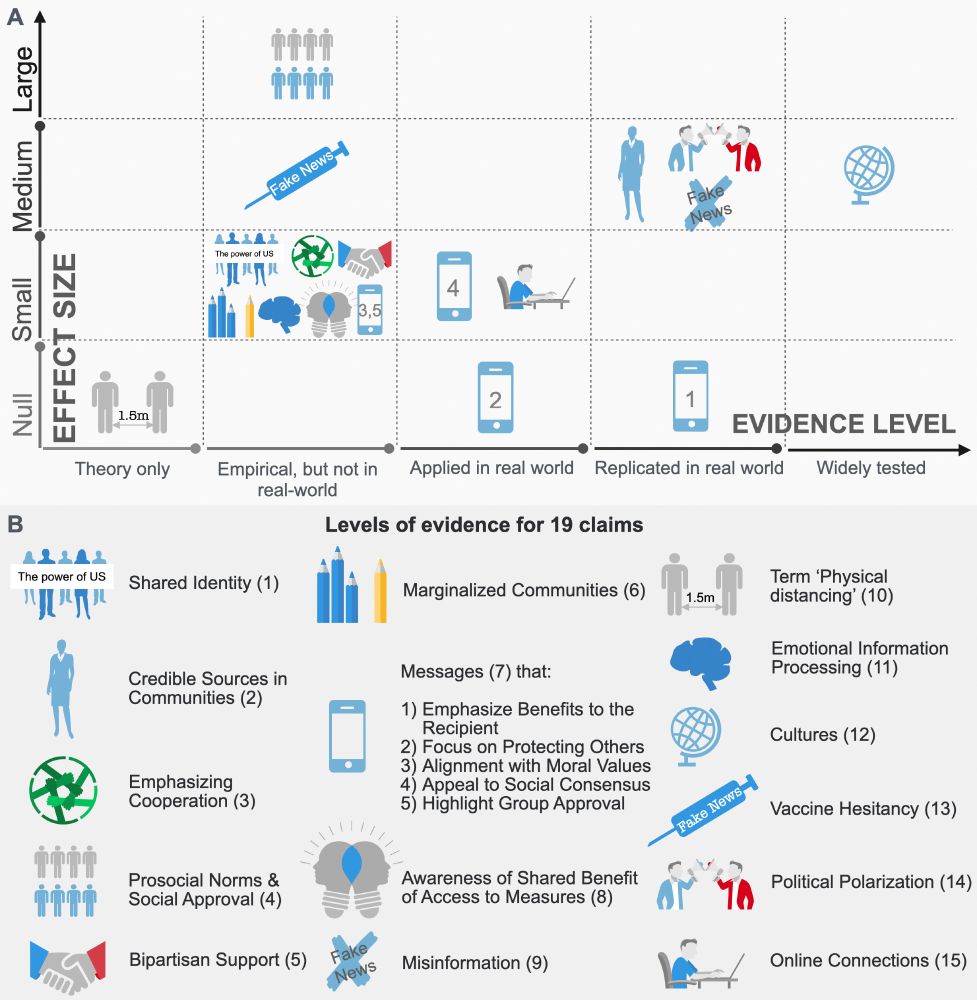
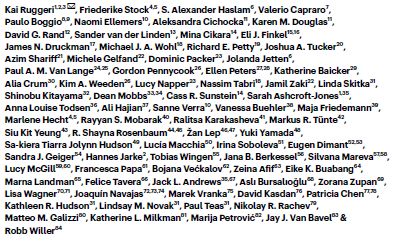
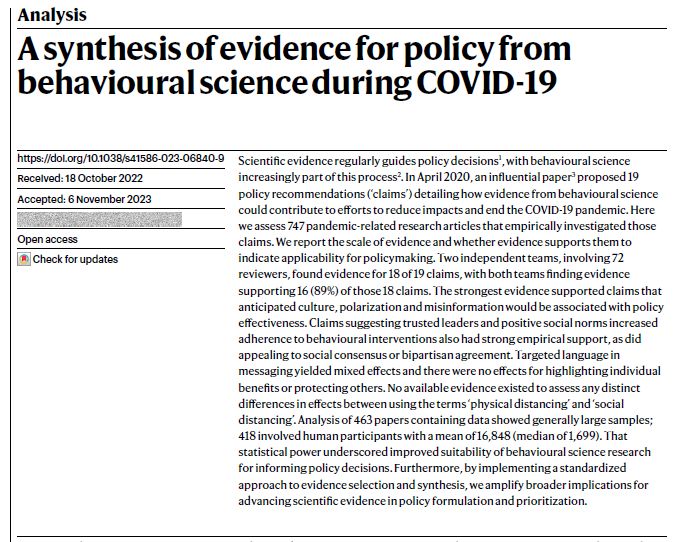
Out today in Nature:
www.nature.com/articles/s41...

A true testament of dedication to scientific rigor from everyone involved - authors, editor, peer reviewers - for the good of society.

A true testament of dedication to scientific rigor from everyone involved - authors, editor, peer reviewers - for the good of society.

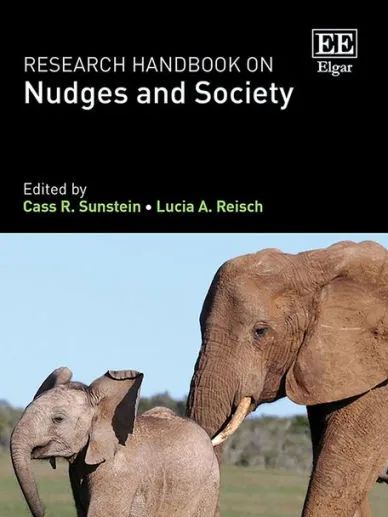



rand.wd5.myworkdayjobs.com/en-US/Extern...

rand.wd5.myworkdayjobs.com/en-US/Extern...

Today:

Today:
Who foresaw remote work versus office work tradeoffs? Kahneman & Tversky in *1991*:
academic.oup.com/qje/article-...


Who foresaw remote work versus office work tradeoffs? Kahneman & Tversky in *1991*:
academic.oup.com/qje/article-...


www.cambridge.org/core/journal...


www.cambridge.org/core/journal...
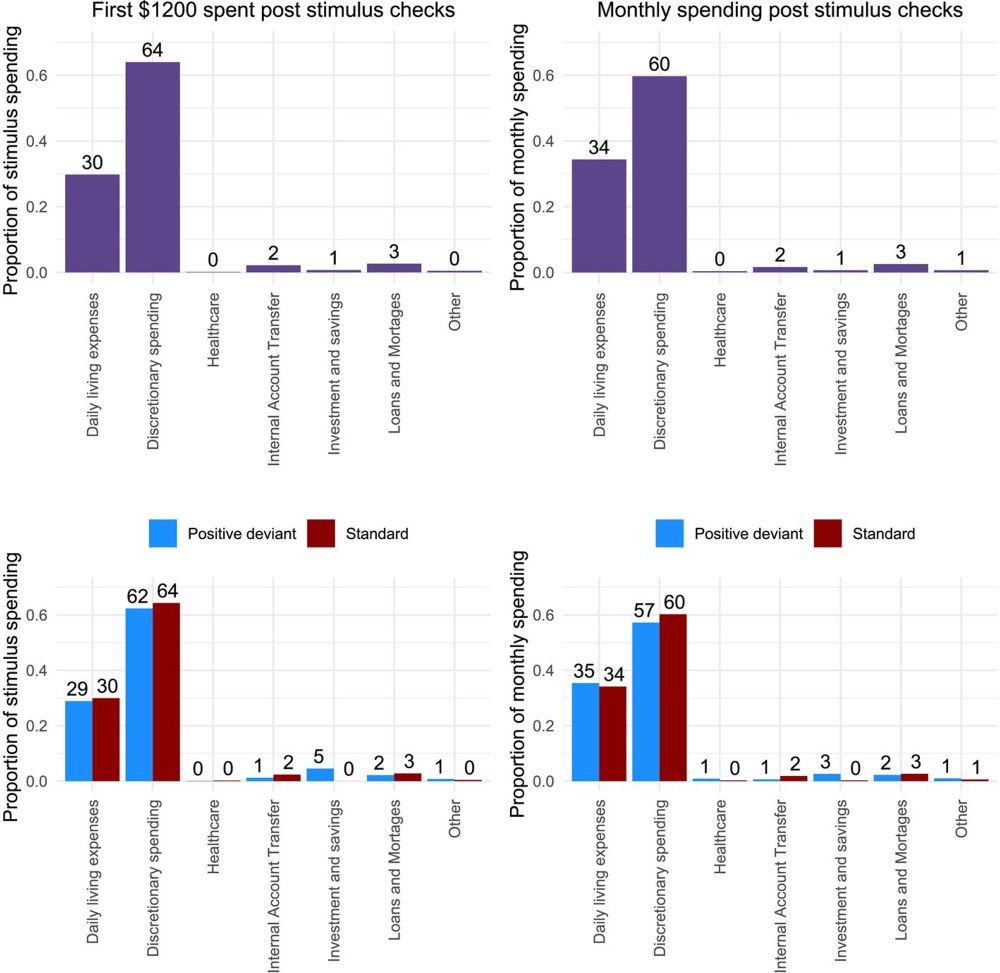
But (right) countries with greater gender equality also did better!


But (right) countries with greater gender equality also did better!

